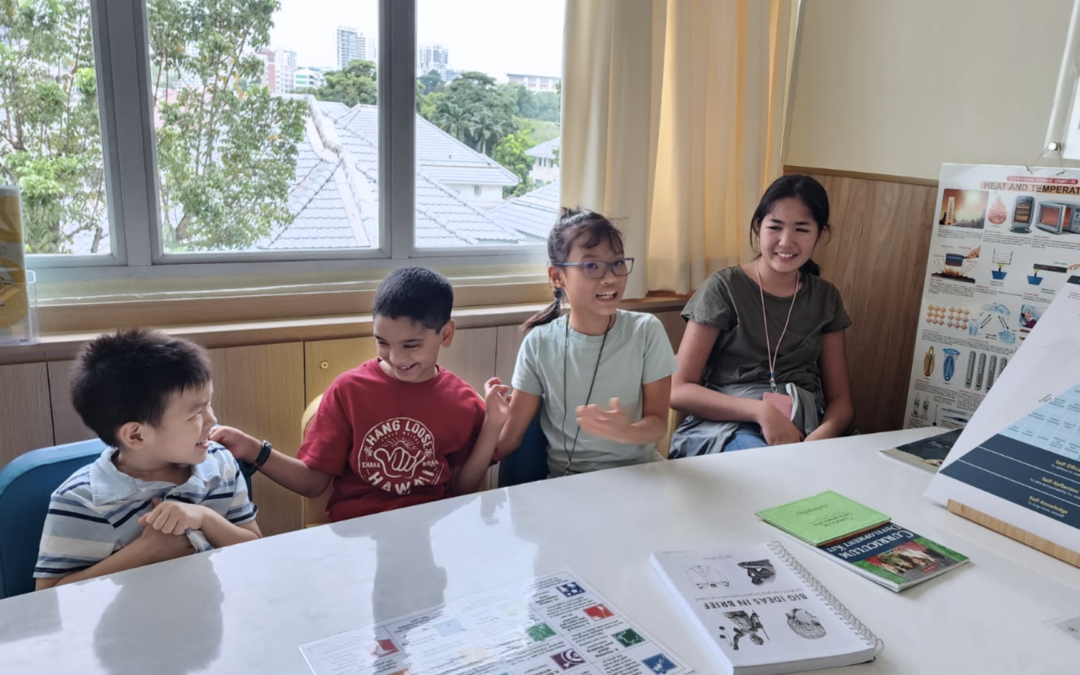Peter Gray, on trustful parenting, offers an exploration of a parenting philosophy that emphasises trust, respect, and collaboration between parents and children. At the heart of this philosophy is the belief that children are naturally curious and capable of taking charge of their own learning and development, given the right environment and support.
But what if bringing up confident young individuals was a labour of community–in a way that calls on educators to be the most mindful in their approach to their learners’ needs?
For better or for worse, we know that children spend ample time in their learning environment. We also understand that the environment and the conditions they find themselves in act as the soil from which they will grow. Once liberated from the limiting and gatekept nomenclature of ‘school,’ education becomes an expansive community venture that illuminates how necessary it is to have educators who deeply care about their learners enough to ‘grant’ them agency.
According to Gray, trustful parenting involves giving children the freedom to make choices, take risks, and learn from their mistakes: “Trustful parenting sends messages to children that are consistent with the needs of hunter-gatherer bands: You are competent. You have eyes and a brain and can figure things out. You know your own abilities and limitations. Through your self-directed play and exploration, you will learn what you need to know. Your needs are valued. Your opinions count. You are responsible for your own mistakes and can be trusted to learn from them. Social life is not the pitting of will against will, but the helping of one another so that all can have what they need and most desire.
We are with you, not against you.”
What if we offered an extension to this idea to create a more multidimensional, supportive environment from all angles? Without getting into the meat of why trustful parenting itself would undoubtedly lead to a number of positive outcomes for children by fostering independence, self-reliance, and an often elusive sense of respect for their agency, what if we expanded this to include the importance of trustful educators?
Perhaps the most transformative aspect of trustful educators is the way it challenges traditional power structures. In a trustful learning environment, the emphasis lies on collaboration and partnership, rather than top-down instruction; empowering children to take ownership of their own learning and encouraging them to become active participants in shaping an educational experience that remains with them for life.
In doing so, this is a repossession of an environment that has, until now, been a place wrought with rules, structure, authority, and distrust of children to dictate their own lives… into one that embraces them for the competent individuals that they are and can be. If learning institutions are in the service of building up young people into capable adults, then we need to give them room to act that way. Theory means little without practice, especially given how the term ‘real-world skills’ has become so blithely omnipresent in the educational landscape.
Providing learners with the self-confidence to place and practice forming appropriate boundaries, for one, enables the preservation of their autonomy in their everyday lives–the responsibility here lies on the educators to carve out such conditions. Educators can use their ‘leadership’ as the adults in the room as either a cudgel or a stepping stone to a more sociocratic environment. But those who are earnest in their desire to teach children how to develop a sense of responsibility and accountability, while navigating the world and making choices that align with their values and goals, create the space to let them spread their wings and find their footing, their identity, and their principles.
Otherwise… what’s the point? To us, education is about the expansive freedom of finding who you want to be in the world, in the most liberated sense of the phrase.
Re-examining traditional models that have been in place for centuries challenges us to create promising new ones. The freedom for children to just be, come on the heels of the adults around them who lead with trust in their learners’ agency–and with children who are so often told what to do and how to think, is an invaluable starting point to becoming liberated learners. Whether it’s by simply modelling the role of co-facilitator for children to emulate and share leadership, or by placing empowerment at the forefront of the learning experience that acknowledges their personhood, allies, co-facilitators, trustful educators enable children to become active participants in a fulfilling learning process, rather than passive recipients of information that so often misses its mark.
At its heart, it simply illustrates a profound respect for their status as fellow people with thoughts, ideas, and feelings of their own… something that’s gotten lost, somewhere along the way.
References
Gray, Peter. “Trustful Parenting: Its Downfall and Potential Renaissance.” Psychology Today, 14 Jul. 2009, https://www.psychologytoday.com/sg/blog/freedom-learn/200907/trustful-parenting-its-downfall-and-potential-renaissance

